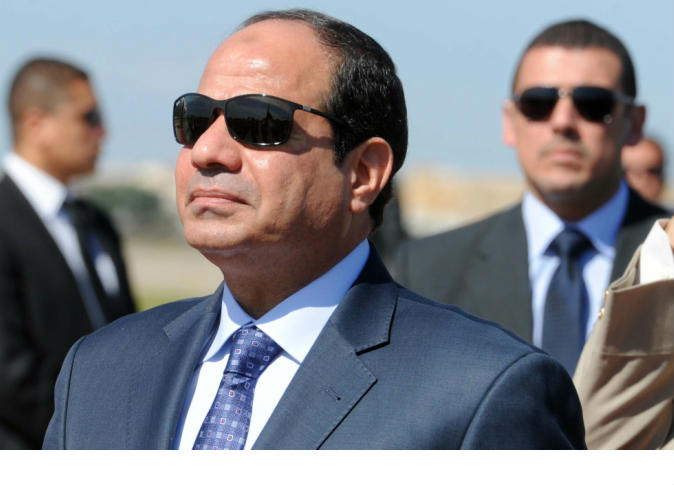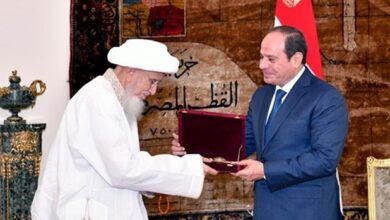
Resignations and dismissals seem to be the solution for President Abdel Fattah al-Sisi’s regime to address the problems it is facing.
The most notable cases of resignation and dismisal under President al-Sisi thus far have been the agriculture minister, the justice minister and the Alexandria governor.
“Dismissal in the form of resignation” was the comment used when Alexandria Governor Hani al-Meseiri resigned following bad weather that pounded the city and caused the streets to sink in rain water on the first day of winter in the second largest Egyptian city.
But this was not the first resignation under al-Sisi, as it was preceded by the resignation of Hisham Ramez, the governor of the Central Bank, after the sharp rise in the dollar exchange rate against the Egyptian pound and the increase in the budget deficit.
Although Ramez has tendered his resignation before the president accepted it this time in an attempt to save the economy, according to government and media sources.
In September 2015, the prime minister accepted the resignation of Agriculture Minister Salah Helal by directives of President Sisi against the backdrop of the minister’s alleged involvement in a corruption case. He was arrested minutes after his resignation.
In May 2015, Sisi accepted the resignation of Justice Minister Mahfouz Saber for his remarks that the son of a garbage collector cannot be a judge.
In March 2015 during a cabinet reshuffle, six ministers were dismissed, including Interior Minister Mohamed Ibrahim, after the murder of activist Shaima al-Sabbagh, the incident of the Air Defense Stadium and numerous terrorist attacks.
The prime minister said in a statement that the reshuffle aimed to “inject new blood in the government’s arteries.”
In June 2015, Prime Minister Ibrahim Mehleb dismissed Salah Abdel Moez, head of the Central Cairo precinct, when he saw garbage piles near archeological sites in the Al-Darb Al-Ahmar district.
In the same month, Mehleb dismissed the director of the Theodor Bilharz Heart Institute after an inspection tour of the institute that revealed its poor condition.
At last, the whole of Mehleb’s cabinet resigned in September 2015 due to the many problems it had failed to resolve.
Edited translation from Al-Masry Al-Youm




